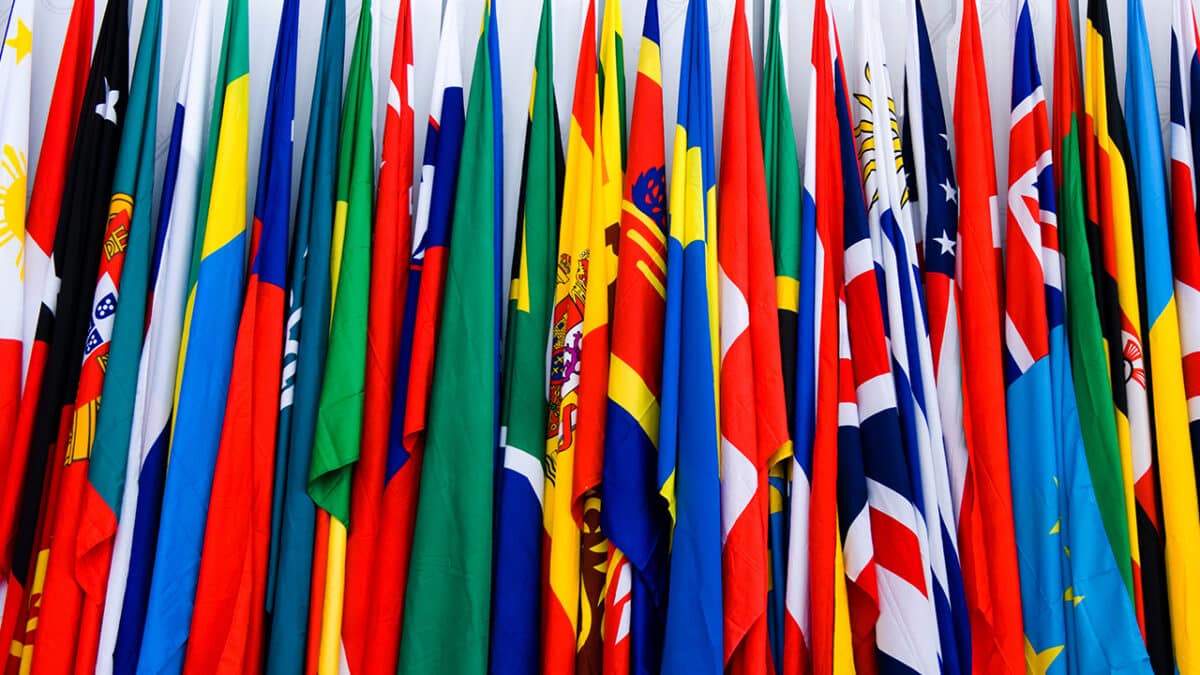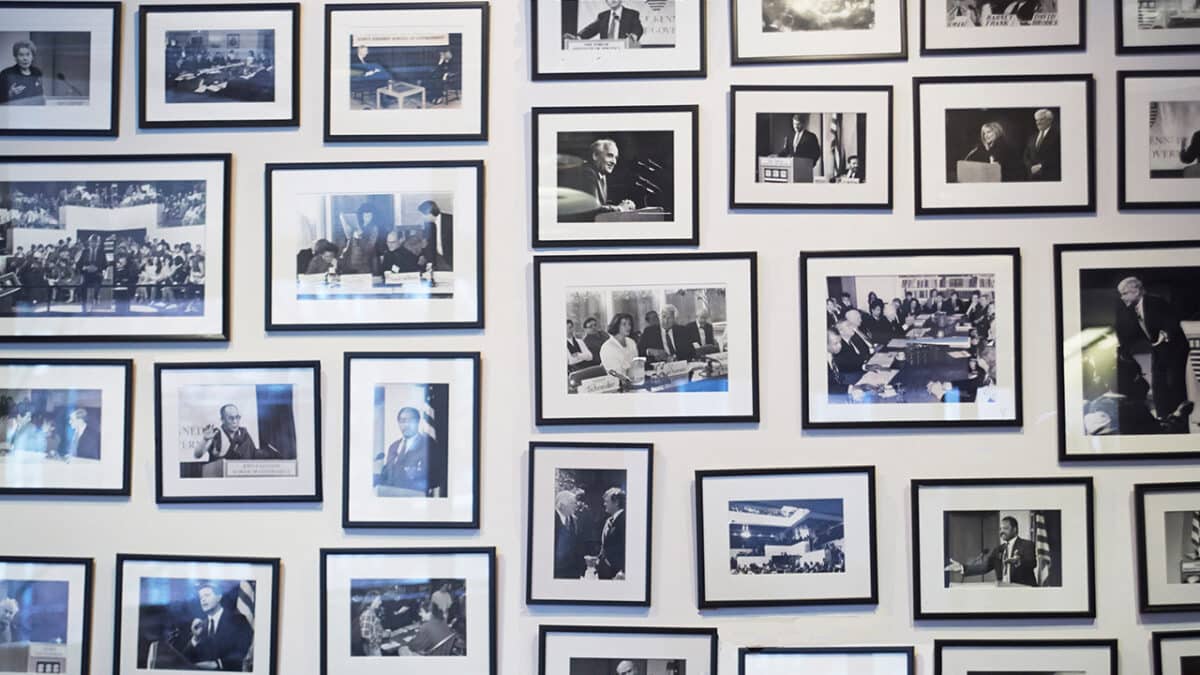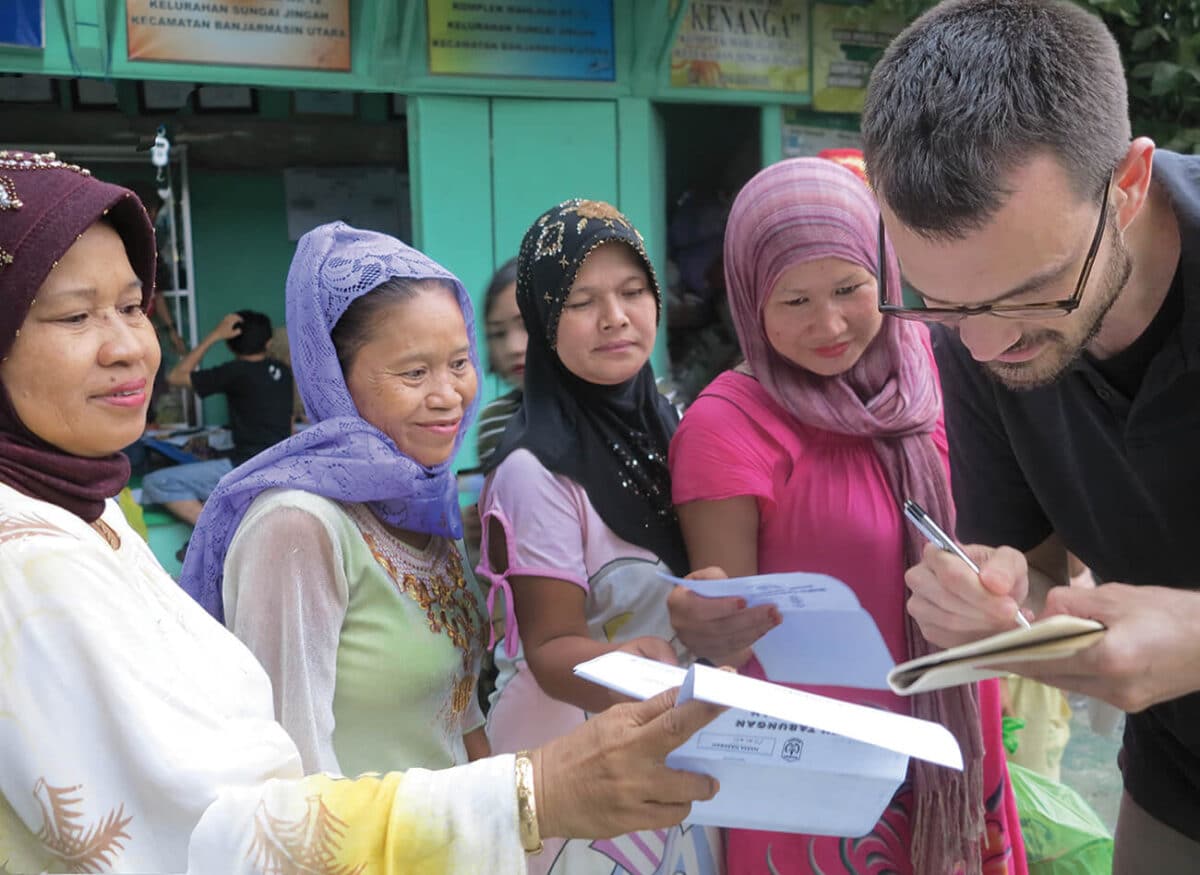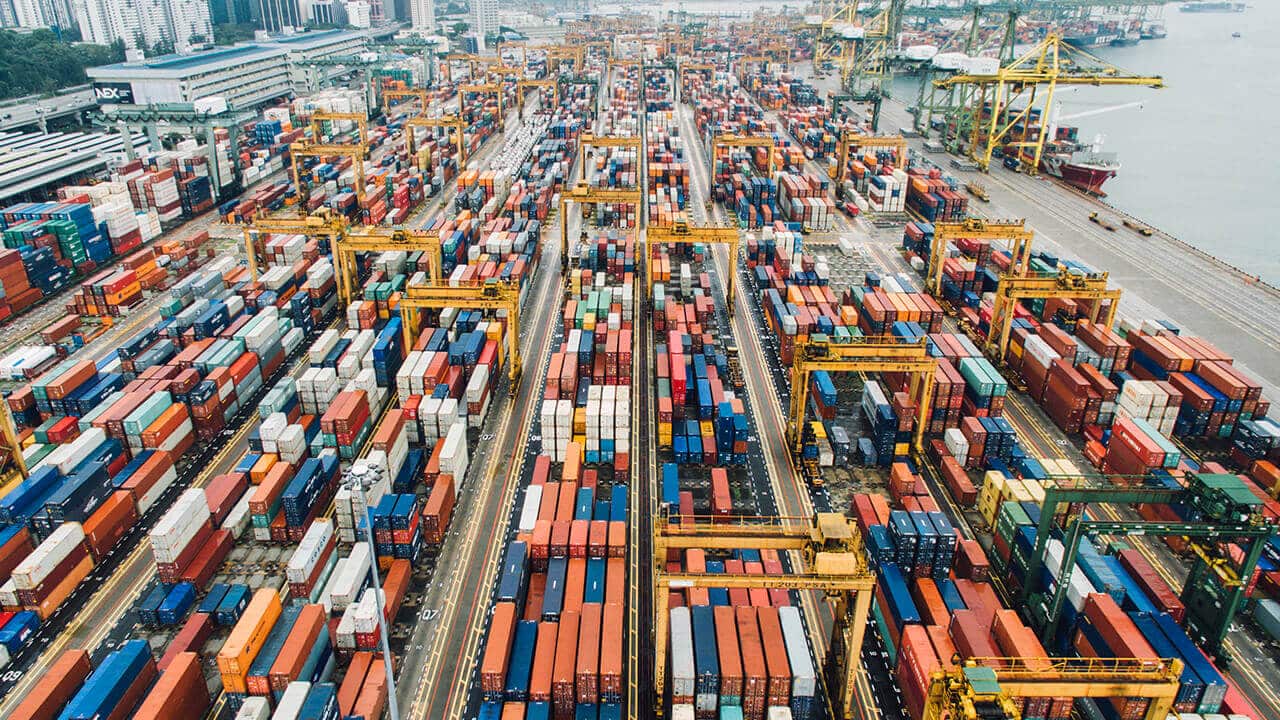
Globalization
How are the roles of governments and institutions affected by a more interdependent world? From immigration to trade, what challenges and opportunities come with globalization?
Latest Article
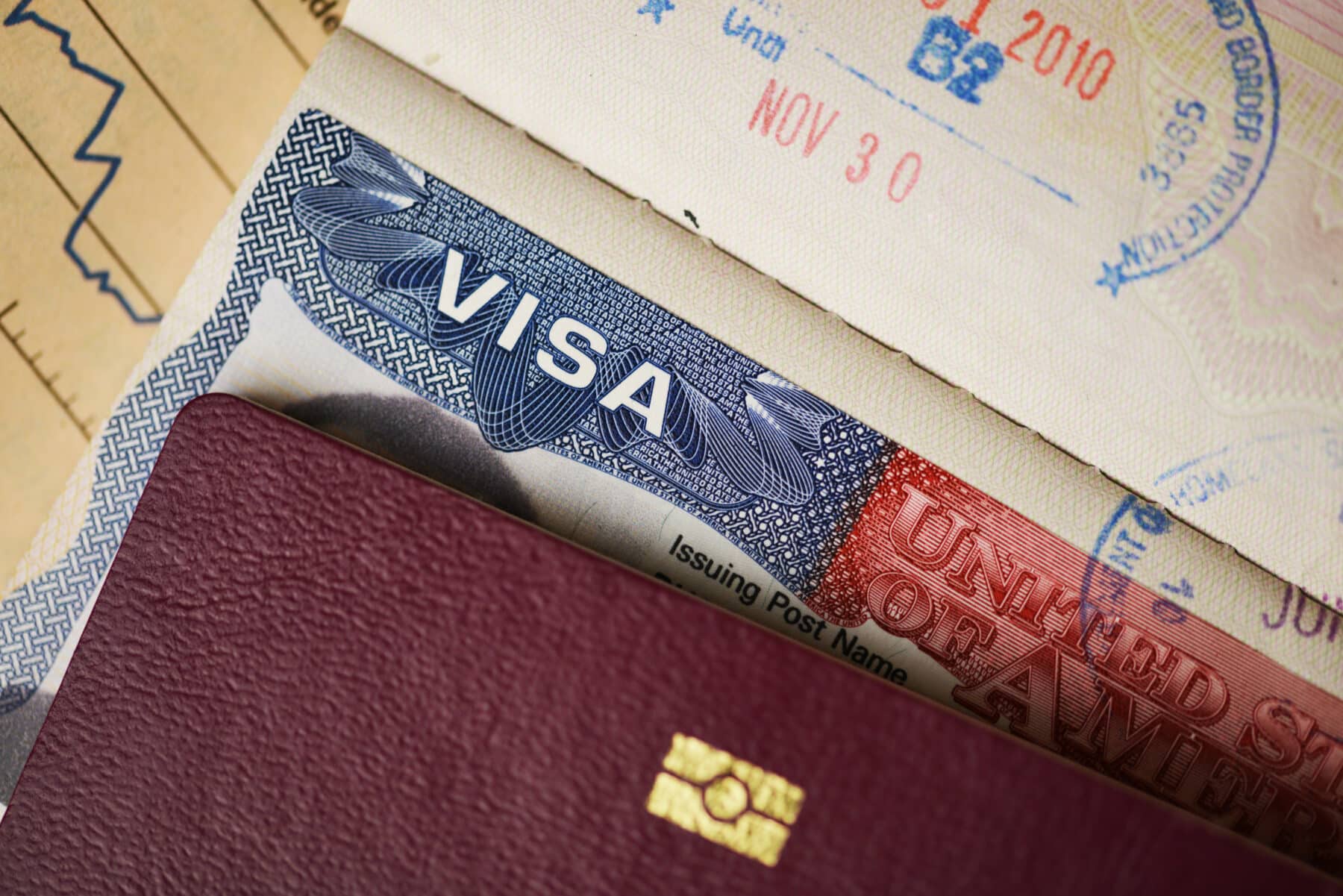
Why Killing OPT Hurts American Workers More Than It Helps
"OPT is not about ‘foreigners’ taking American jobs. It is about ensuring that future generations of Americans inherit a nation that continues to lead in science, technology, and higher education. Policymakers should strengthen oversight where needed but preserve and expand OPT as a strategic pillar of U.S. innovation, workforce competitiveness, and global influence."Explore all Articles
filter by–Region
filter by–Country
search by–Keyword
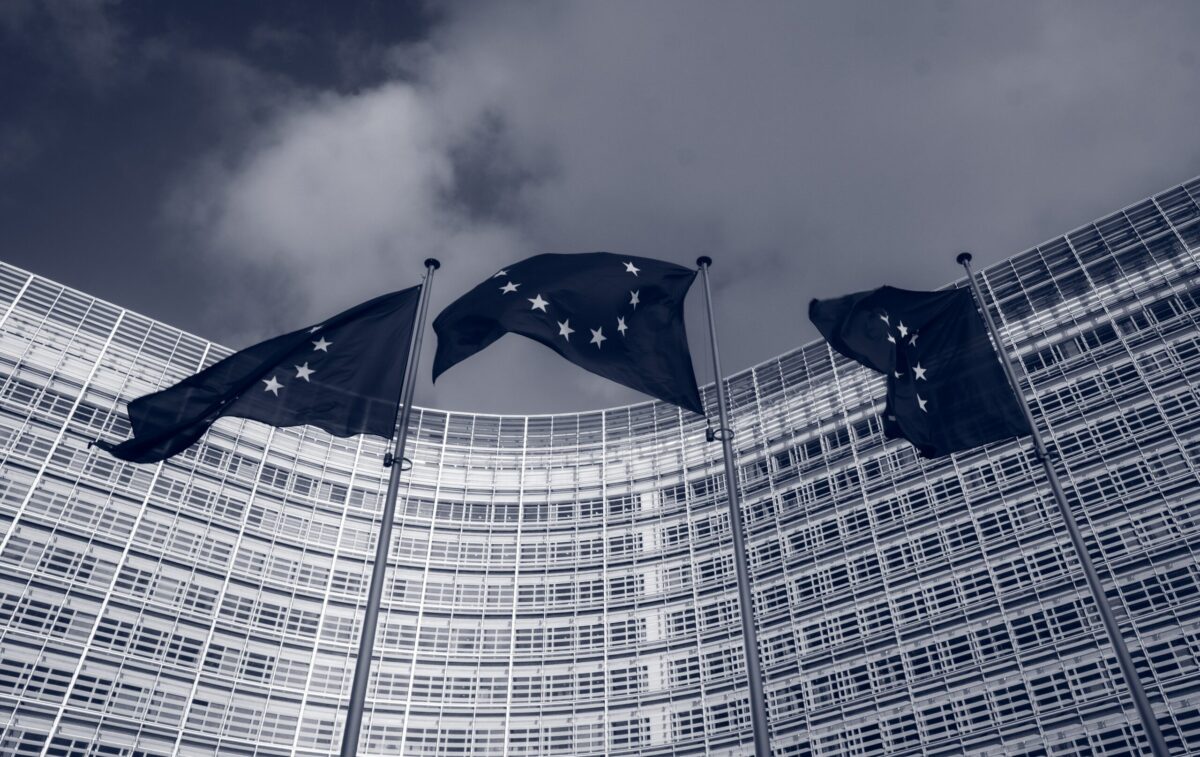
If You Want Peace, Prepare for War: 5 Steps Toward Building New European Capacities in the Age of Economic and Political Instability
04.6.23
Si vis pacem para bellum – if you want peace, prepare for war. For too long, Europe has ignored this fundamental Latin adage. As Russia’s war in Ukraine has made abundantly clear, Europe is still dependent on the United States as a guarantor of the continent’s security and as a deterrent to Russian aggression. Without […]
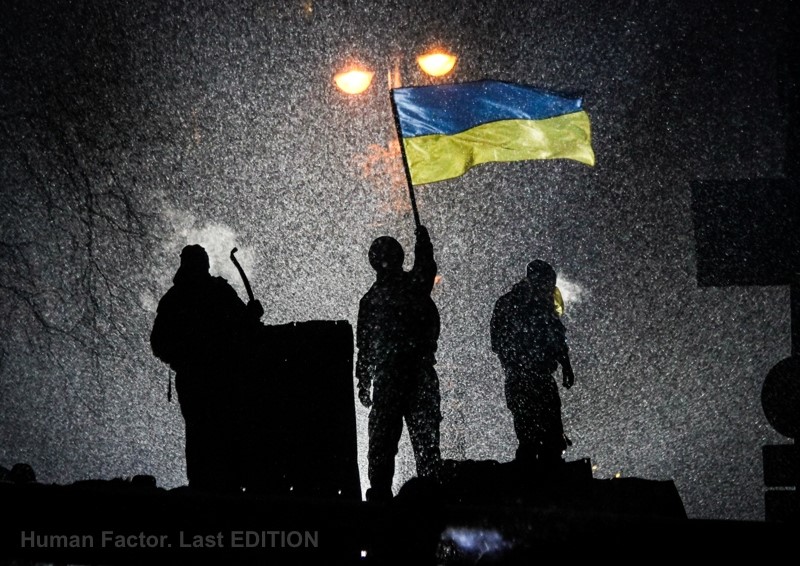
Building Shared Resilience in the EU and Ukraine as a Path to Counter Russia
01.20.22
The best strategy for the EU and NATO to contain Putin’s regime is by focusing on strengthening Ukraine’s resilience and making Ukraine a successful state. In creating more economic opportunities and prosperity in Ukraine, the West will stimulate the Russian people to demand better living conditions for themselves.
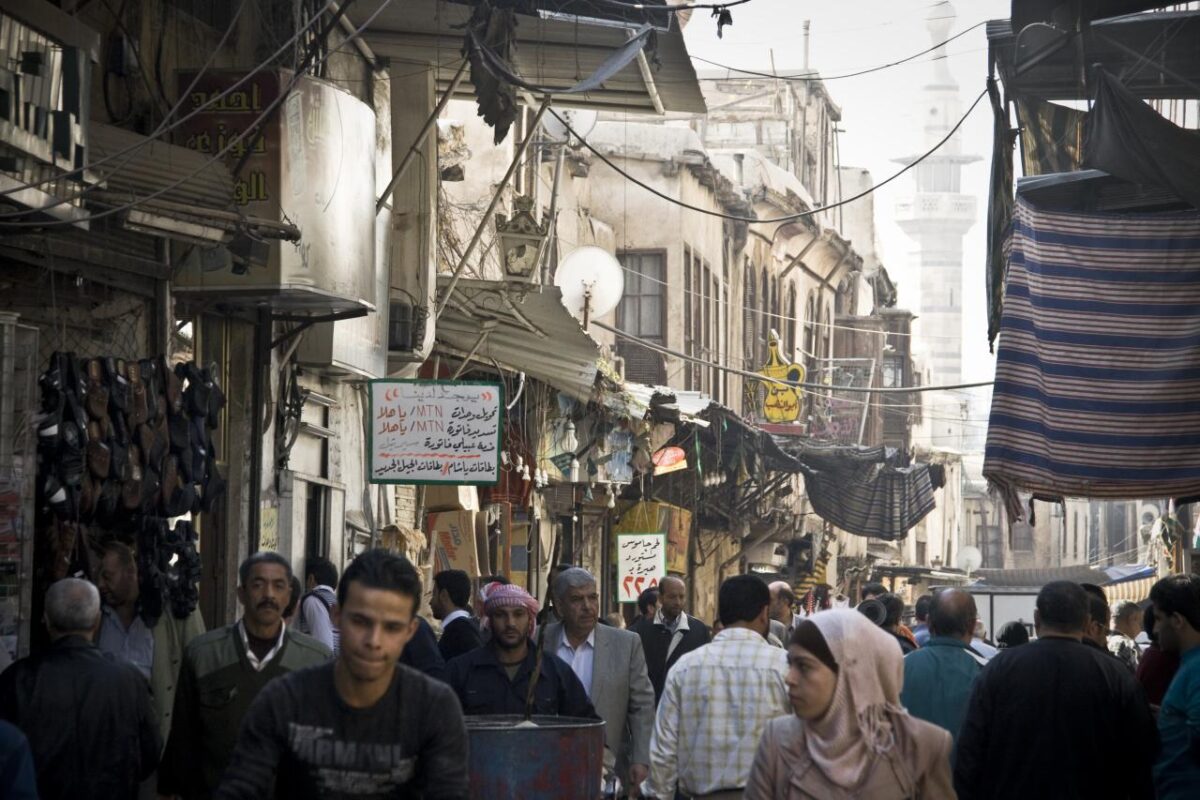
Syria Needs Cross-Border Aid. Washington Needs Focus.
07.2.21
The war in Syria continues to constitute one of the most complex contexts in the Middle East today, with few realistic policy solutions available to end the conflict. That said, the upcoming July 10 debate over the renewal of United Nations Security Council Resolution 2533 (UNSCR 2533) concerning cross-border humanitarian aid marks a flashpoint that […]

Dr Ngozi Okonjo-Iweala emerges as the first Woman and African to lead the WTO
02.16.21
After 73 years, the World Trade Organisation (WTO) has elected its first woman and African to lead the organisation as Director-General. This is not only a win for women or for Africa, but it is a win for a world desperately in need of problem solvers. According to Dr Ngozi Okonjo-Iweala “I believe that when […]
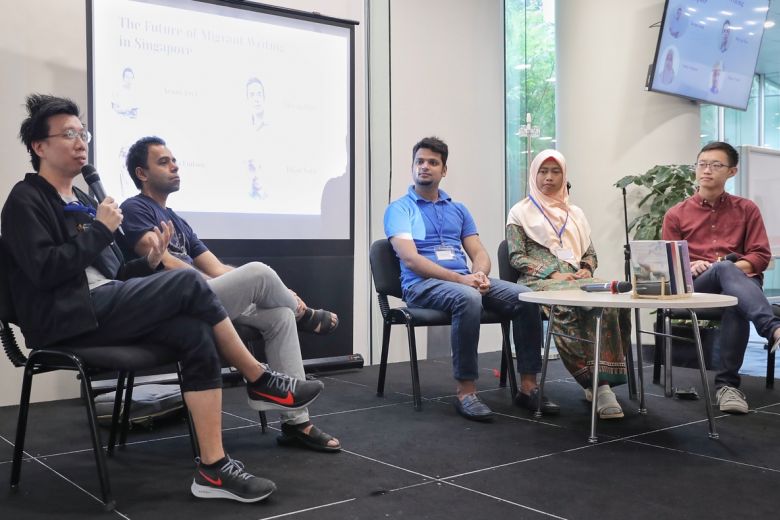
The politics of language: How can we mainstream social justice vocabularies?
06.22.20
How might we mainstream social justice ideas and language, beginning a national conversation that extends beyond more recognised civil society actors? Reflecting on the discourse surrounding migrant rights, Quah Say Jye draws upon philosopher Miranda Fricker’s concept of “epistemic injustice” to propose a shared vocabulary that might allow migrant workers into our linguistic community. He suggests that our semantic choices need to accurately represent the lived experiences of migrant workers, be accessible to them and the general public, and have the potential to pivot towards broader structural critiques.
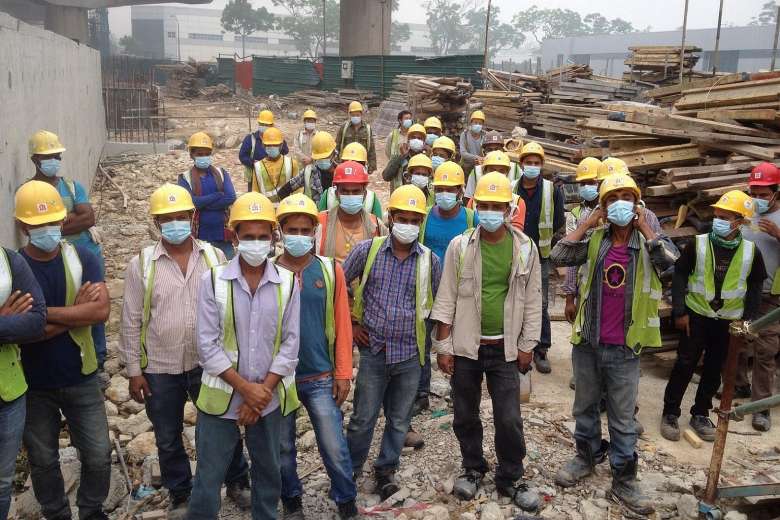
What could a fairer migrant worker policy look like?
05.4.20
Poh Yong Han argues that while addressing poor dormitory and food standards for migrant workers are important, they merely represent the tip of the iceberg. Unless we tackle the underlying structural issues that explain why migrant workers “consent” to such poor standards (low wages, high agency fees) in the first place, we are not addressing the root cause of the problem. To address them, she proposes setting a Minimum Income Threshold, and enforcing fair recruitment practices. She further suggests reconsidering whether the Work Permit scheme as it stands is even ethical, and asks if current restrictions (such as tying workers to specific employers) need to be loosened, and whether a fairer migrant worker policy would entail providing them with pathways to citizenship or residency.

Il/licit Intimacies: Why The State Regulates FDW’s Intimate Lives
03.5.20
In Singapore, foreign domestic workers (FDWs) on Work Permits are subject to various bio-political restrictions: namely, restrictions that govern who they can marry and whether they can be pregnant.
What explains these restrictions, and why is the state so invested in policing the private intimacies of foreign domestic workers? Poh Yong Han traces through parliamentary debates and newspaper articles to show how these restrictions are informed by a neoliberal philosophy that informs how we view citizenship, and unpacks its consequences.
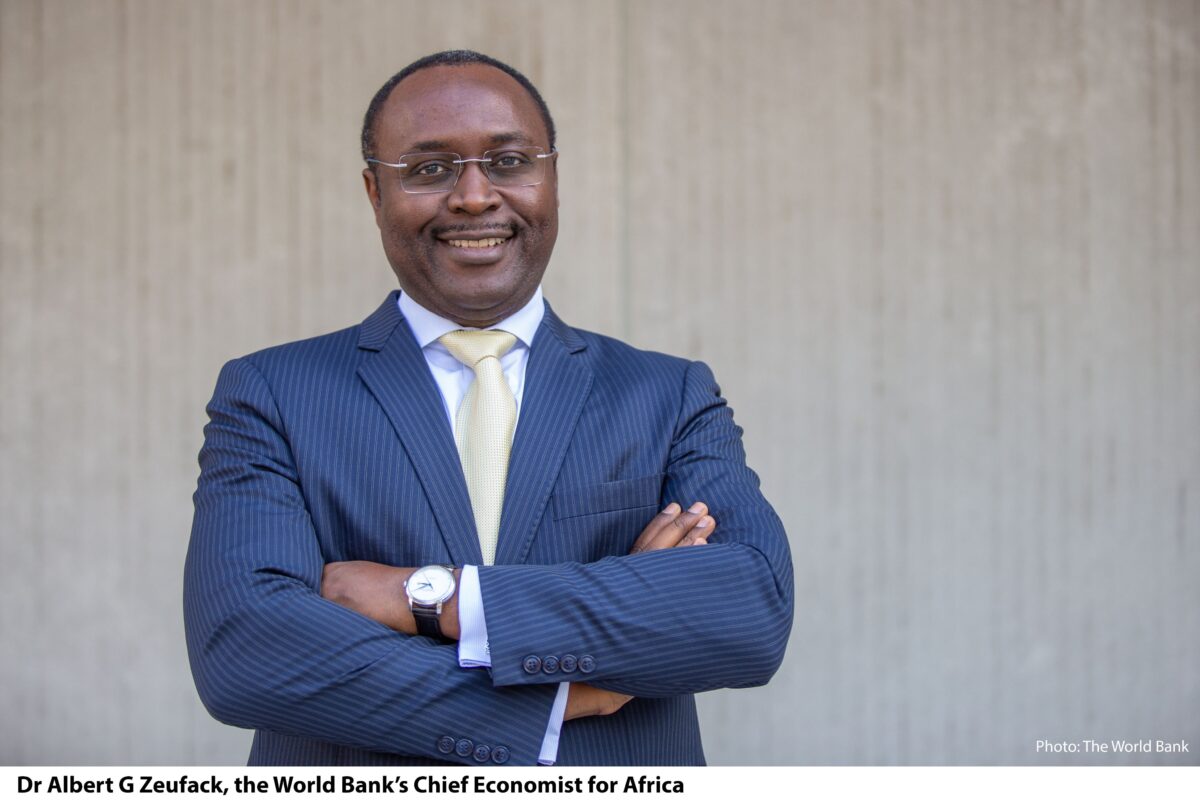
Interview of Dr. Albert Zeufack, World Bank’s Chief Economist for Africa
12.31.19
Dr. Albert Zeufack sat with our lead interview editor, Mez Belo-Osagie. Dr. Zeufack answered questions on a wide variety of topics including his career path in academia and policy-making, digitization, Africa’s infrastructure gap, and Chinese engagement with the African continent.
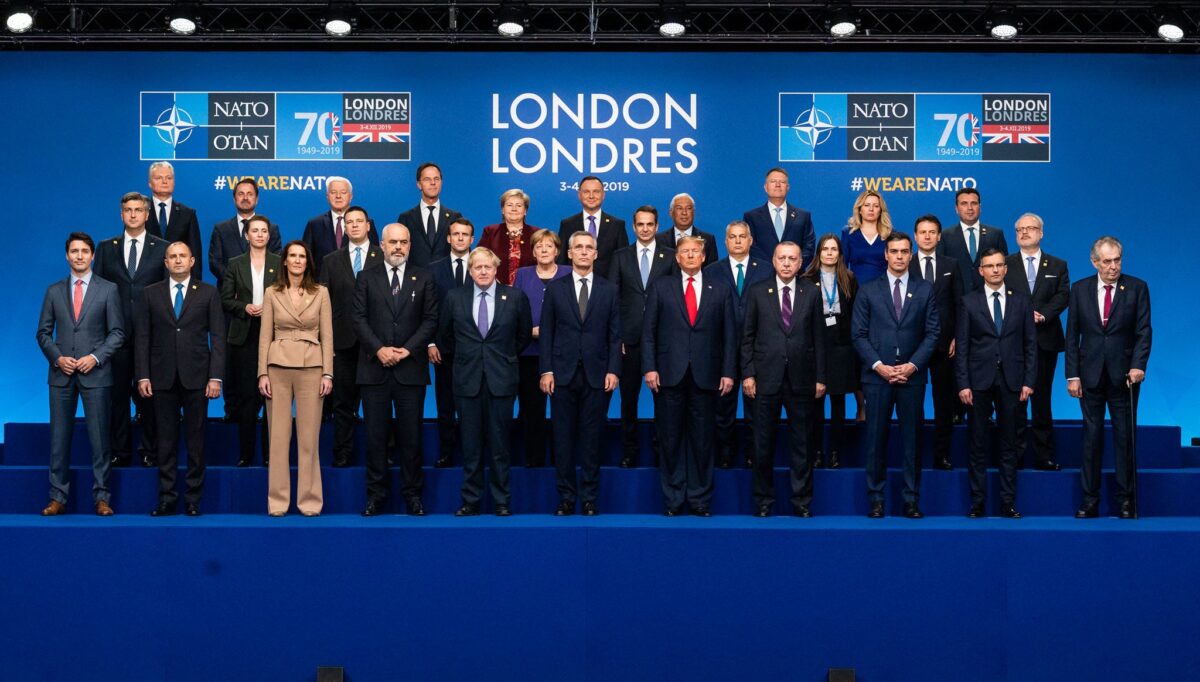
There is More to the Transatlantic Freeze than Donald Trump
12.19.19
Even at Harvard, a liberal Atlanticist bubble where the Marshall Plan was first announced, events to celebrate NATO’s 70th Anniversary celebration were sparsely attended by American students, unlike Europeans who were excited to attend. Expectations for the NATO summit scheduled this month in London were low, and organizers hoped at best to avoid new tensions […]
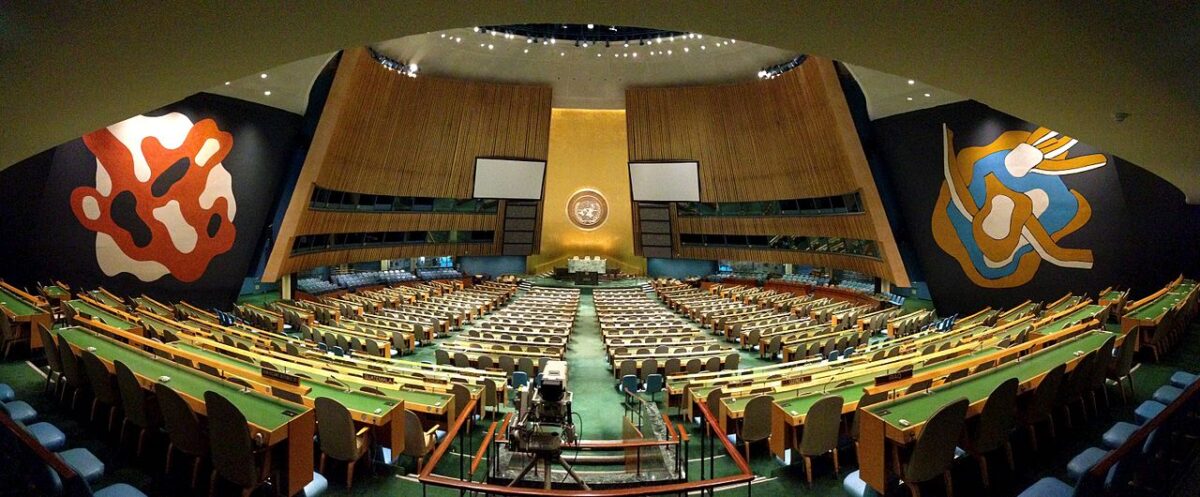
A Quest for Relevance: The United Nations’ Tryst with Youth
12.3.19
It was an ordinary Monday afternoon when some of my colleagues and I at the United Nations Women’s Headquarters in New York suddenly disappeared from our offices in unison. We rushed to a small conference room at lunch with determination in our pace and long lists of ideas and demands in our notepads. After many […]
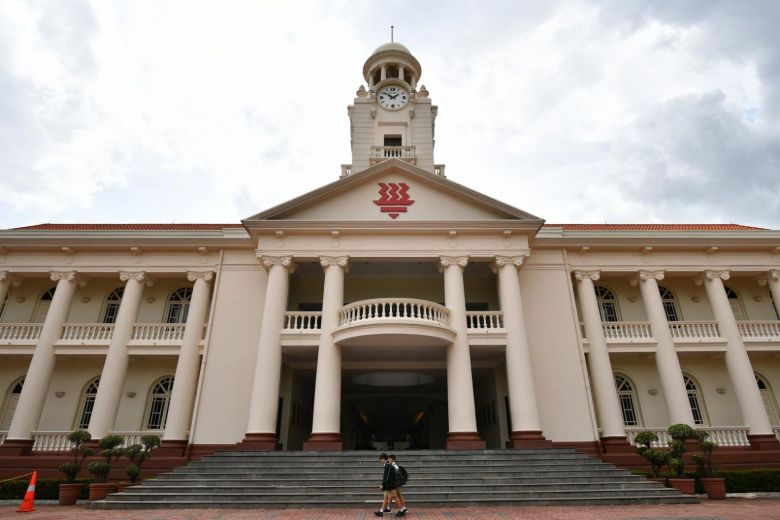
Should We Abolish SAP Schools?
06.4.19
Since 1979, the Special Assistance Plan (SAP) program has promoted the study of Chinese language and cultural values at 26 primary and secondary schools. By tracing the history of the program, Shaun Loh makes a case for why the SAP program in its current form is problematic, and argues that it should either be abolished or significantly reformed.
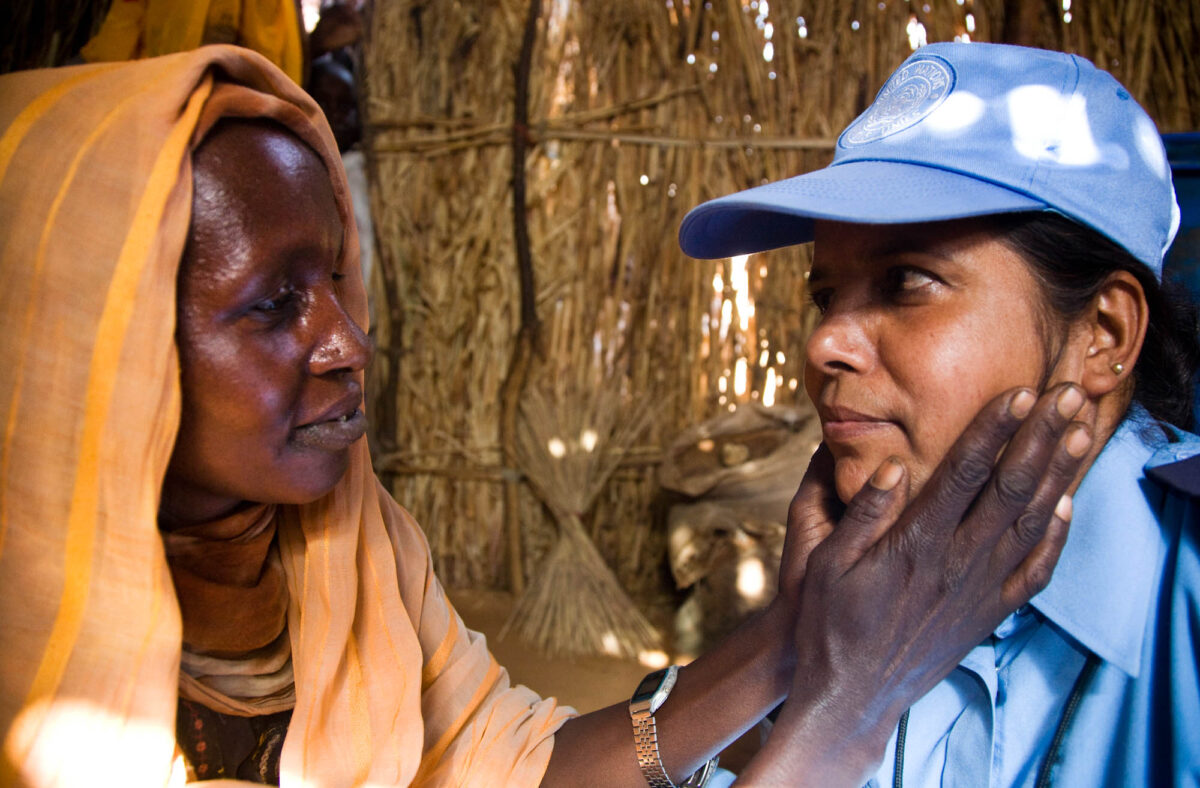
Women in Peacekeeping: Moving from Numbers to Leadership
04.25.19
In 1993, women represented only 1% of all UN uniformed personnel deployed in peacekeeping missions. In 2017, women peacekeepers remained at 4%, far from the UN target of 15%. The role of women in peacekeeping operations (PKOs)—not only as a matter of principle, but as a necessary condition for their success—has only become widely accepted […]
